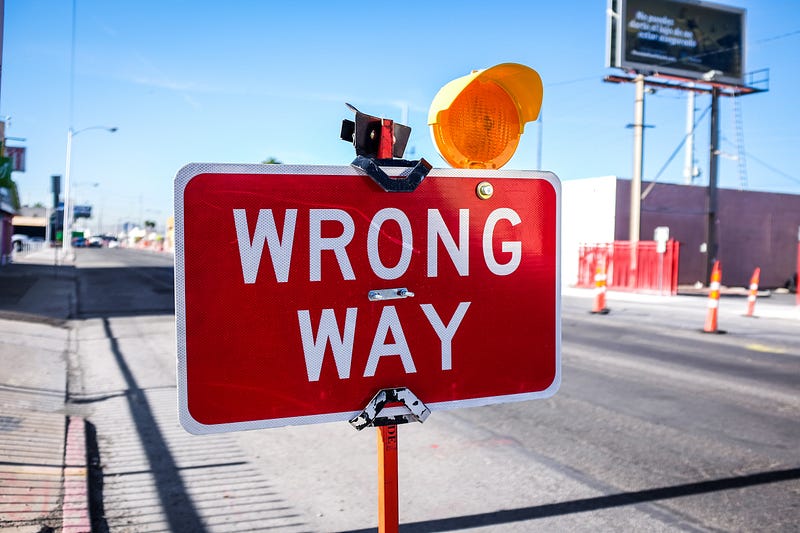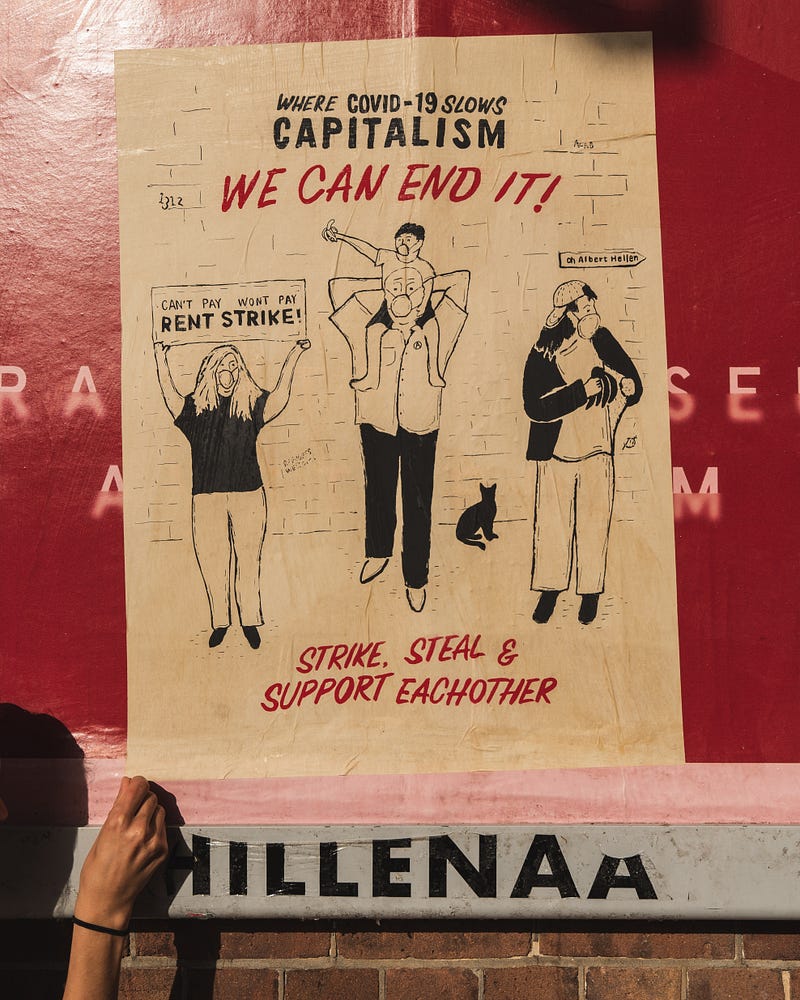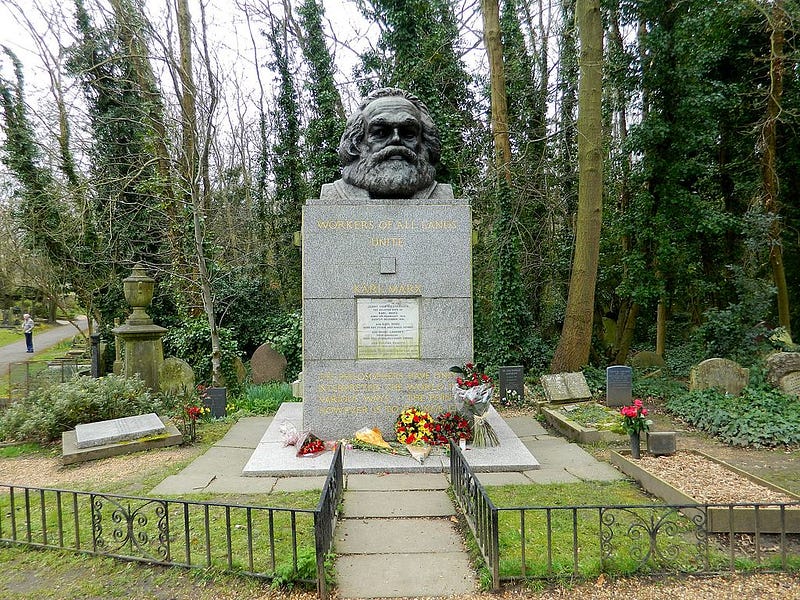Part 2 of a Discussion of Peter Foster’s Why We Bite the Invisible Hand Chapter 8 “Do-It-Yourself Economics”
Foster continues in this chapter exploring some of the apparently inborn assumptions we apply to the economy that lead to incorrect conclusions.
Much like the do-it-yourself-economics (DIYE) brought up in the previous blog, Foster notes evolutionary psychologist Paul Rubin refers to these ideas as “folk economics.” (p. 166)
In the ancestral environment, “each person would live and die in a world of constant technology and income. Thus, there was no incentive to evolve a mechanism for understanding or planning for growth. Indeed, to the extent that our ancestors lived on the Malthusian margin, any changes in circumstances were more likely to be harmful than beneficial, so we would have had a tendency to be leery of change.” (p. 167)
So people naturally “know” things about the economy and how it works, but unfortunately what they know is based on a stagnant, primitive economy.
Our modern economy has only existed in the last 200 years. Growth was nonexistent in all of man’s earlier history.
Thus, to learn economics today means first unlearning folk economics.
Cognitive psychologist Steven Pinker notes three such misconceptions. (p. 167)
- People think products have an “intrinsic fair price.” Classical economics had this assumption as well and this is what contributed to the now debunked labor theory of value still alive in Marxist economics. Economics advanced when we discovered the concept of supply and demand. With this model, prices are seen as a subjective value; something is worth what someone will pay for it. (p. 167)
- Middlemen are parasites. The reason retailers charge more than wholesalers is not because they are parasites but because they have expended resources gathering products together into one place. They have provided a service that has value. If technology changes so it is easy to bypass middlemen in a market, they will disappear. (p. 167)
- Charging interest is immoral. This was widely believed since ancient times and was called usury. While the Catholic church also held that view through the early medieval period, thinking later evolved. Usury came to mean charging an exorbitant interest rate because we realized the needed role charging interest plays. In addition to being paid for any assumed risk when lending, the lender also has an opportunity cost to not using the money in another way that should be compensated. (p. 167)
Really, all three of those issues revolve around pricing. In a primitive economy, there is no money and trade is done by barter. However, bartering is inefficient because you face double coincidence of wants — you have to find someone who has what you want and will take something you have.
As a result, money evolves time and again across time and place. However, market pricing in our modern economy places a price on everything, not just the extra produce you grew or the extra fish you caught.
Market pricing is, significantly, the most recently evolved, the least understood, and the most easily morally condemned. Steven Pinker…notes that it remains not merely “cognitively unnatural” but often morally taboo. (p. 169)
In addition to these misconceptions that form the basis of our economic knowledge, we are also faced with the challenges of making decisions that is complicated by having incomplete information or even too much information.
The field of behavioral economics realizes we have cognitive limits and biases that affect our decision making. We often adopt various heuristics to aid in our decision making.
Heuristics are rules of thumb we assume in order to help make decisions given the limited information and time we often face, not to mention limits to our cognitive load. Click on the link above to see a fascinating list of some of these biases, fallacies, and heuristics that we know about.
For example, anchoring bias is when we put more weight on a piece of information that we learned first as opposed to sorting through all the information to make the best decision.
The bandwagon effect is the tendency to adopt positions that are popular. If a lot of people are adopting a certain position, we somehow perceive that popularity means it is right.
Or, the endowment effect is when we value an asset more if we own it. This is why house sellers often want an unrealistically high price when it is time to put their home on the market.
Putting all of these together, we can see that people feel like prices should be based on the hours of work they put into production, the intrinsic fair price, and are uncomfortable that prices actually are subjective.
Teachers, start athletes and entertainers all work hard, yet teachers are paid a lot less. People say this is unfair, but your pay does not come from how many hours you put in, which is the idea of an intrinsic price.
Performers can reach millions of people and a little money from a lot of people adds up. Teachers are limited to how many people they can reach at a time, and thus revenue is limited.
Pay comes from marginal revenue product — how much you are adding to the bottom line, not how much work you put into your job. However, it is a popular trope that teachers should be paid more so the bandwagon effect keeps this bias alive.
Exploring these various heuristics is enlightening, and it may help us make better decisions if we become aware of the potential pitfalls. But one DIYE type of thinking that causes some of our largest conflicts is Malthusian thinking.
Thomas Malthus wrote at the same time as Adam Smith, but he promoted pessimism. More accurately, he predicted the future would be much like it had been for all of human history.
He observed that resources are limited in their growth but population can grow faster, outstripping our resources resulting in famine and disease. Malthus did not recognize the new world industrialization was creating while Smith did.
Industrialization combined with a system of trade tested betterment made it possible for the first time in human history to get an ever increasing amount of output from our resources. Our output was no longer a fixed pie amount; the pie was growing and growing.
Yet our thinking has not kept up and many are unknowingly trapped in a Malthusian fixed-pie way of thinking.
This is what we will explore in depth in the next blog.
Reference: Foster, Peter, 2014. “Do-It-Yourself Economics” Chapter 8 of Why We Bite the Invisible Hand, Pleasaunce Press.




